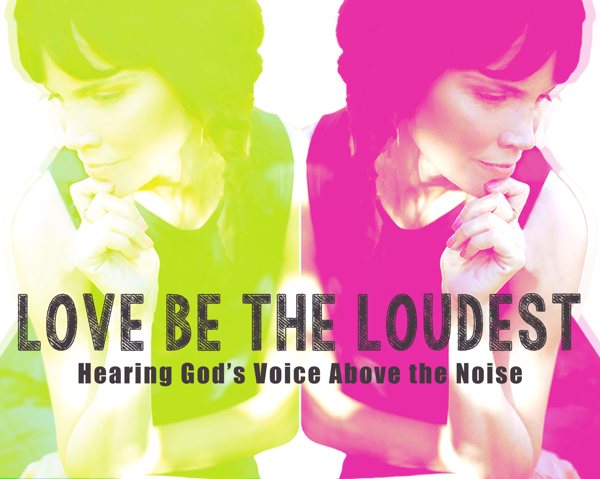During songwriting sessions, I often leave the voicememo app on my phone in record mode. That way I don’t lose any of the melody options my co-writers and I come up with. Unfortunately it means I have to hear all the silly things I said during the session. Even though I don’t think these things in my head, I tend to put a disclaimer before any line I suggest. “I’m not sure if this is right, but…” And if someone asks me a question, instead of giving a straight answer, I often say, “Hmm… well… I think that sounds good. I mean, don’t you think so?” Why is it such a challenge to say what we mean, and say it with confidence?
After some thought, I realized that the words and phrases I use most are “kind of,” “sort of,” “maybe,” “might,” “perhaps,” “I think,” ”not sure, but…”
Um, yeah, not an inspiring lot are they? Do you find these words suffer from overuse in your vocabulary? I know I’m not the only one. One of my pastors recently announced at church, “The kids will be gathering on Thursdays for kind of a lunch and time of study.” Say what? Don’t tell kids they’re “kind of” going to get pizza. They may not show up.
When I’m writing a song, clear statements are key. My words need to make an impact. And when Andrew Greer and I wrote our book, I got a crash course in editing unimportant vocabulary from my prose and using words that communicate the story effectively. And it’s dawning on me that rarely do I speak the way I write.
You can tell a lot about someone from the words they use. At least I can. I don’t have to see the way others carry themselves to know whether they are confident; I hear their confidence in what they say and don’t’ say. The confident ones among us use more straightforward language like “yes” or “no.” Or, “Why don’t we try this?” They don’t waste their time apologizing, being uncertain or waffling in their statements. I’m no people expert, but it seems that those who use more straightforward language get positive results, so they’re encouraged to continue speaking that way.
In an earlier blog, I talked about discovering how words indicate what we think of ourselves. But words also communicate to others what we think of them. If I use language of hesitation, for instance, I am either doubting my intuition or fearful of telling the other person the truth – or both.
Eliminating Empty Words
“Let what you say be simply ‘Yes’ or ‘No’; anything more than this comes from evil. (Mat. 5:37)
This is a good reminder to me to keep all the wimpy words out of my vocabulary. If I speak what is true, and speak it kindly, I can be confident in what I’m saying. I’ve noticed in co writing sessions that the way I share an idea at the beginning sets the tone for the rest of the write. So if I say, “I’m not sure if this is a strong enough idea to tackle,” everyone else in the room uses disclaimers before sharing their ideas. But, if I say, “I have this idea I love, and I’m wondering if you guys would like to write it,” the tone of the session is positive.
Watch Your Language
This week I’m going to try to catch the unimportant, unconfident, words before they sneak out of my mouth. When answering questions, I’m going to think about the asker and how I might best help, instead of thinking about myself, and coming up with disclaimers for the answer I will give. And if I’m uncertain about something, I’m going to wait to speak about it until I can phrase a confident response. Care to join me?
What wimpy words are you looking forward to getting rid of? Let me know on Facebook or Twitter.



